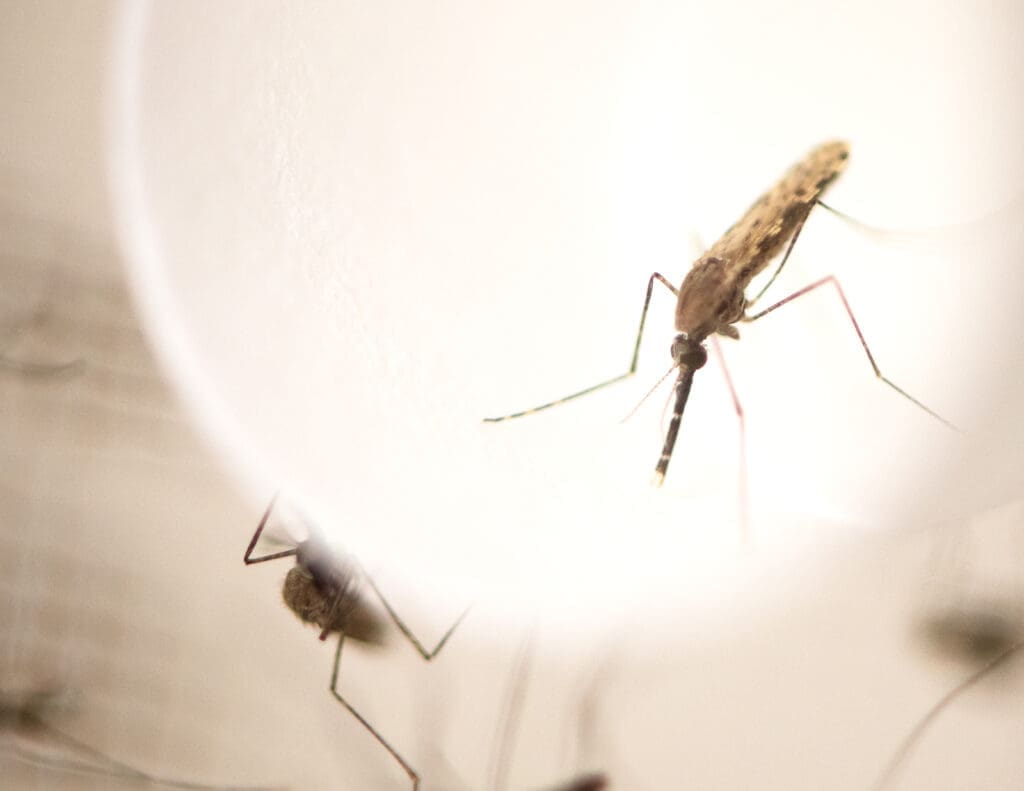Image courtesy K-State
Bianca Morejon and Kristin Michel, mosquito researchers at Kansas State University, are learning how mosquitoes can help us better understand the immune system, disease, and biology. Even though mosquitoes are seen as pests, they have a complex immune system that can teach scientists a lot about how living things fight infection.
Morejon, who recently earned her doctorate, worked with Michel to study the African malaria mosquito, Anopheles gambiae. Their research, published in the Proceedings of the National Academy of Sciences, looked at special proteins called serine proteases. These proteins help mosquitoes fight off infections by killing bacteria and trapping harmful germs in a substance called melanin.
To test how these proteins work, Morejon injected about 100,000 mosquitoes with RNA to turn off specific genes. She then watched how their immune systems responded. Out of 27 proteins tested, only one affected both main immune responses, showing that these systems mostly work separately.
Their findings could lead to new ways to fight mosquito-borne diseases—either by making mosquitoes better at killing germs or by weakening their defenses so they don’t spread disease.













